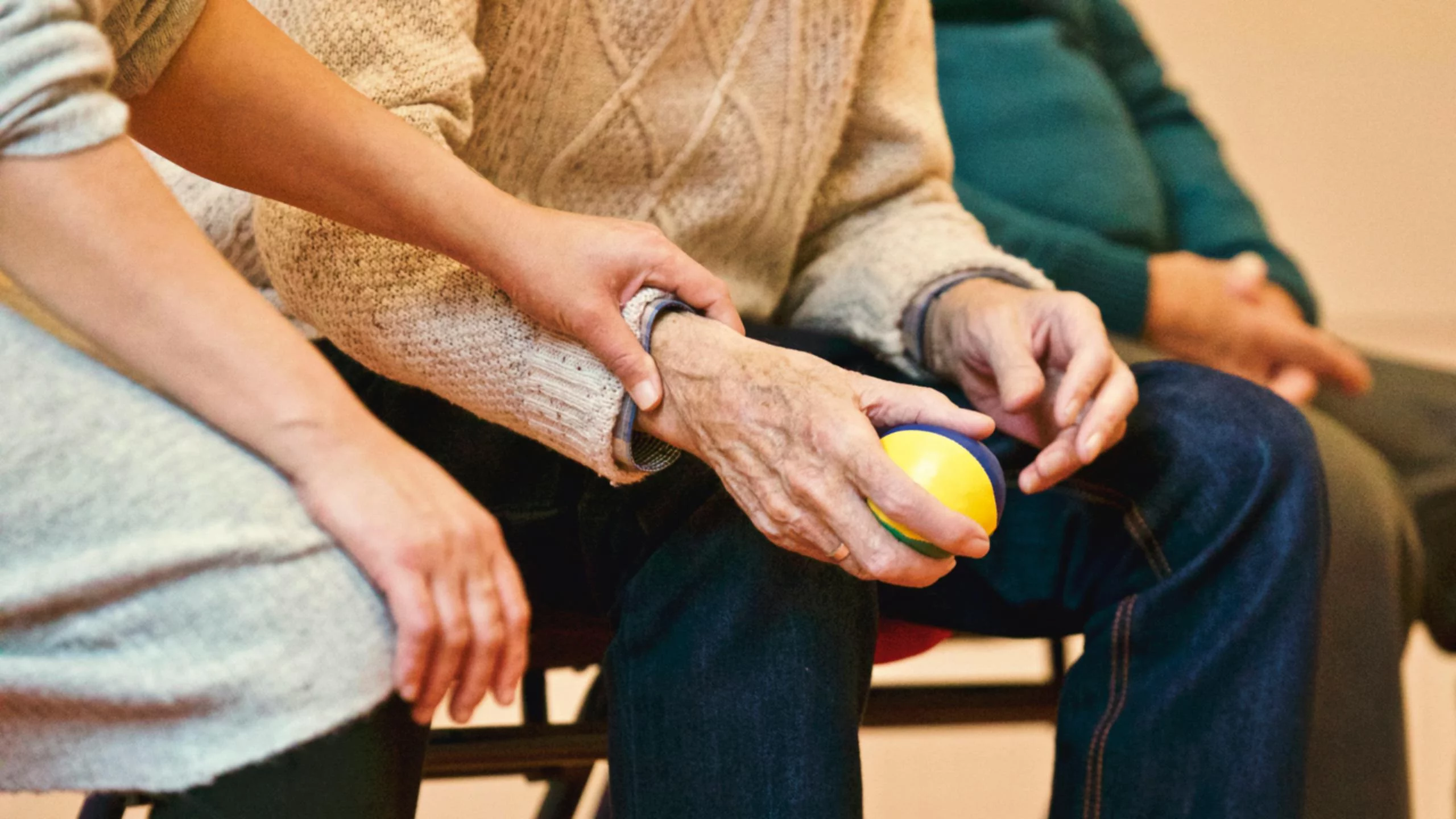What is a Home Health Aide?
A home health aide (HHA) is a trained caregiver who provides personalized assistance and support to individuals who require help with activities of daily living (ADLs) and instrumental activities of daily living (IADLs) due to illness, disability, or aging. Home health aides work under the supervision of registered nurses (RNs) or licensed practical nurses (LPNs) to deliver non-medical care and assistance that enhances clients’ well-being and promotes their ability to remain safely and comfortably at home.
Home Health Aide Job Description
We are currently seeking compassionate and dedicated home health aides to join our caring team of healthcare professionals. As integral members of our home healthcare agency, successful candidates will provide essential personal care and support services to clients in their homes, enabling them to maintain independence, dignity, and quality of life.
As a home health aide, you will have the opportunity to develop meaningful relationships with clients and their families, deliver individualized care based on clients’ unique needs and preferences, and contribute to a supportive and nurturing home environment.
The ideal candidates will possess excellent interpersonal skills, empathy, and a genuine desire to make a positive difference in the lives of others.
What Does a Home Health Aide Do?
- Personal Care and Assistance: Assist clients with activities of daily living (ADLs), including bathing, grooming, dressing, toileting, and mobility, to promote personal hygiene, physical comfort, and independence in daily functioning.
- Provide assistance with instrumental activities of daily living (IADLs), such as meal preparation, light housekeeping, laundry, grocery shopping, medication reminders, and transportation to medical appointments, to support clients’ safety, nutrition, and household management.
- Observe and report changes in clients’ physical, emotional, and cognitive status, behaviors, and functional abilities to the supervising nurse or healthcare team, documenting observations accurately and promptly to ensure timely intervention, communication, and care coordination.
- Emotional Support and Companionship: Offer companionship, emotional support, and social engagement to clients, engaging in meaningful conversations, recreational activities, hobbies, and leisure pursuits, to enhance clients’ mental well-being, socialization, and quality of life. Listen actively and empathetically to clients’ concerns, preferences, and life stories, demonstrating compassion, understanding, and respect for clients’ dignity, autonomy, and cultural values, and fostering a trusting, therapeutic relationship built on mutual trust and rapport.
- Provide encouragement, reassurance, and motivation to clients during challenging or stressful situations, offering positive reinforcement, praise, and emotional support to alleviate anxiety, depression, or loneliness and promote emotional resilience and coping skills.
- Family Education and Support: Educate clients and their families about home safety, fall prevention, infection control, medication management, and chronic disease management, providing practical guidance, health education, and resources to promote self-care, adherence, and health literacy.
- Collaborate with family caregivers, case managers, and interdisciplinary healthcare team members to develop and implement individualized care plans, goals, and interventions that address clients’ holistic needs, preferences, and goals of care, ensuring continuity of care and family involvement in care planning and decision-making.
How Much Do Home Health Aides Make?
In 2022, Home Health Aides had a median salary of $30,180. The top quartile of earners in this occupation made $34,110, while the bottom quartile earned $27,100.
Skill Requirements
- Interpersonal Skills: Home health aides must possess excellent interpersonal skills, empathy, and effective communication abilities to interact with clients, families, caregivers, and healthcare team members, fostering positive relationships, trust, and collaboration in the home care setting.
- Compassion and Empathy: Home health aides should demonstrate compassion, empathy, and sensitivity in caring for clients with diverse needs, backgrounds, and cultural preferences, understanding clients’ perspectives, feelings, and concerns, and providing emotional support, encouragement, and companionship to promote well-being and dignity.
- Reliability and Dependability: Home health aides must be reliable, punctual, and dependable in fulfilling their caregiving responsibilities, adhering to schedules, following care plans, and maintaining professional boundaries, confidentiality, and ethical standards in the home environment.
- Attention to Detail: Home health aides should demonstrate attention to detail and accuracy in performing caregiving tasks, medication administration, documentation, and reporting, ensuring thoroughness, completeness, and compliance with regulatory standards and quality assurance protocols.
- Flexibility and Adaptability: Home health aides must be flexible, adaptable, and responsive to changing client needs, care priorities, and environmental conditions in the home setting, adjusting caregiving techniques, strategies, and approaches as needed to meet clients’ evolving needs and preferences.
- Professionalism and Ethics: Home health aides should uphold professional standards of practice, ethical principles, and regulatory requirements in home care delivery, including patient confidentiality, respect for autonomy, informed consent, and adherence to care plans and policies, to ensure safe, effective, and ethical care provision.
- Continuous Learning and Development: Home health aides are encouraged to engage in ongoing learning, training, and professional development activities to enhance caregiving skills, expand knowledge of aging, disability, and chronic illness care, and stay current with best practices, trends, and innovations in home healthcare delivery.
Example KPIs for a Home Health Aide
- Client Satisfaction and Well-Being: This KPI measures home health aides’ effectiveness in promoting client satisfaction, comfort, and well-being by providing personalized care, emotional support, and companionship, using client feedback, satisfaction surveys, and quality of life assessments to evaluate caregiver performance and service quality.
- Caregiver Competency and Performance: This KPI evaluates home health aides’ competency, reliability, and performance in delivering care tasks, assistance with activities of daily living (ADLs) and instrumental activities of daily living (IADLs), and adherence to care plans, protocols, and regulatory standards, using direct observation, skills assessments, and competency evaluations to assess caregiver proficiency and skill development.
- Communication and Care Coordination: This KPI assesses home health aides’ communication skills, care coordination abilities, and teamwork with clients, families, caregivers, and healthcare team members to facilitate effective communication, care planning, and interdisciplinary collaboration, using care conferences, care coordination meetings, and case management reviews to evaluate caregiver communication and care coordination effectiveness.
- Adherence to Ethical and Professional Standards: This KPI measures home health aides’ adherence to ethical and professional standards of practice, including patient confidentiality, informed consent, respect for autonomy, and compliance with regulatory requirements and agency policies, using audits, chart reviews, and compliance assessments to monitor caregiver adherence to ethical and professional standards in home care delivery.
- Professional Development and Training: This KPI evaluates home health aides’ engagement in professional development activities, training programs, and competency assessments to enhance caregiving skills, expand knowledge of aging, disability, and chronic illness care, and promote continuous learning and skill development in home healthcare delivery, using skills assessments, training logs, and performance evaluations to monitor caregiver professional development and training progress.
How Can Glider AI Help You with Hiring a Home Health Aide?
Glider’s recruitment platform is designed to prioritize competency over credentials, enabling organizations to assess candidates’ skills objectively and efficiently. Utilize Glider AI Skill Intelligence™ to streamline the hiring process, identify top-quality home health aide candidates, and ensure a mobile-first, candidate-friendly experience.
Glider AI’s Unique Features
- Verify Medical Licenses
- Validate Hundreds of Medical, Clinical, and Technical Skills
- Ensure Hiring Compliance
- Conversational Chatbot for Talent Screening
- Powerful candidate analytics
- Streamline Healthcare Hiring with AI and Automation
Go ahead and spotlight your Nursing Practitioner with Glider AI today!
Schedule a Demo or contact us at info@glider.ai




